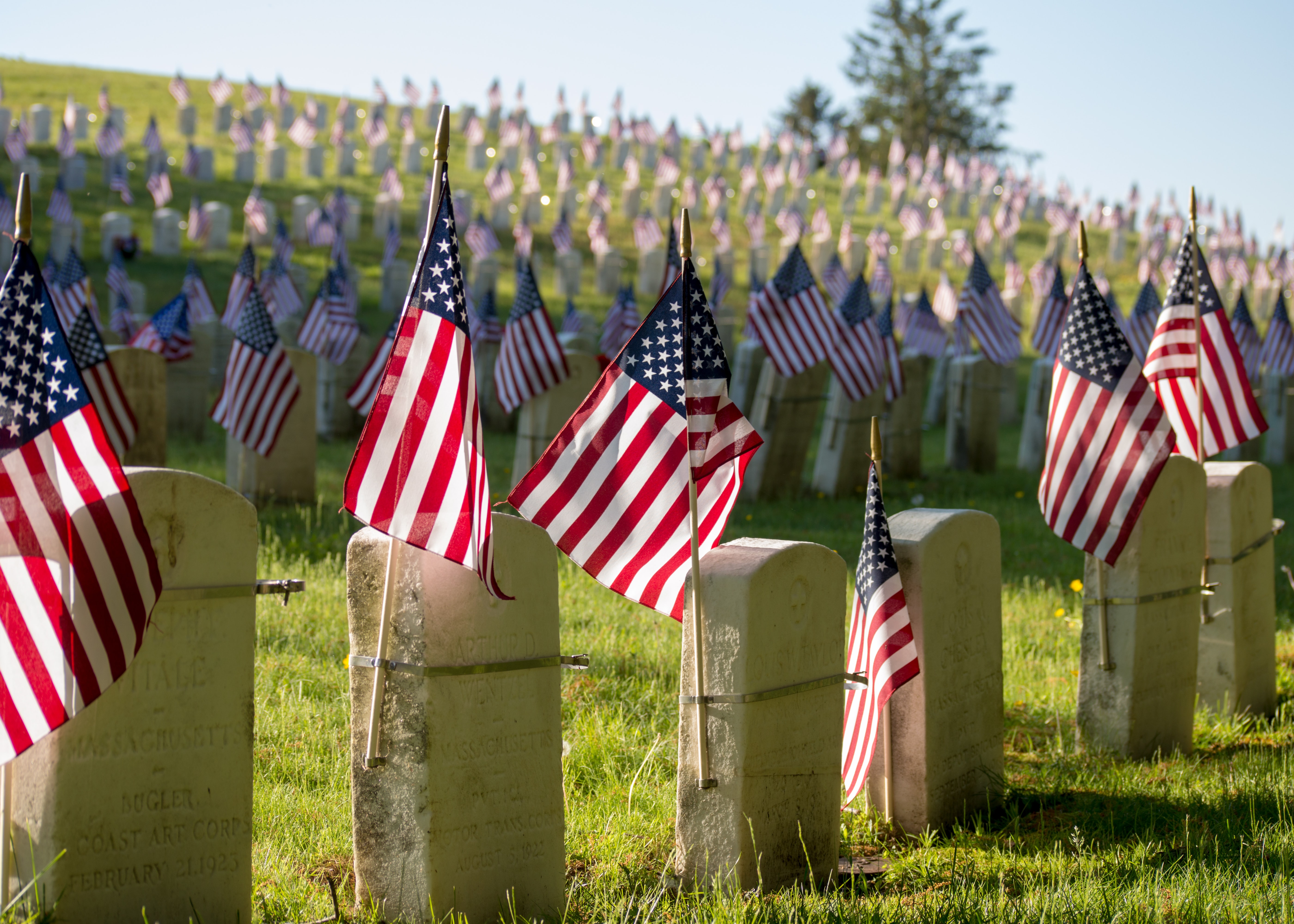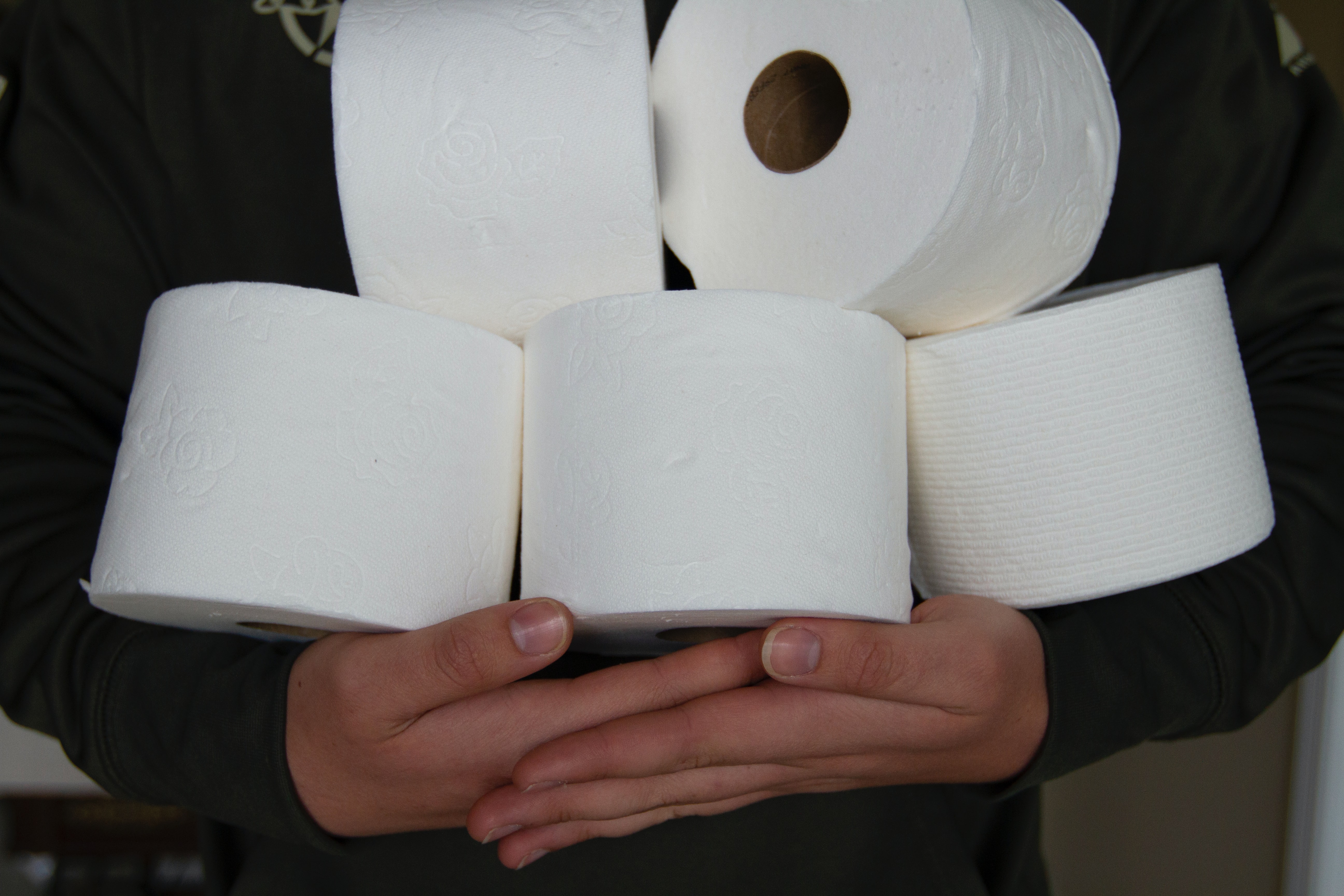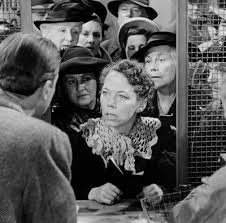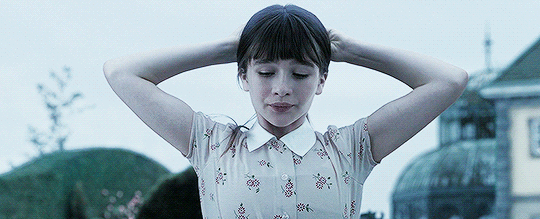
“I’m sorry,” I heard my boss say over the phone. “Due to hardships caused by the coronavirus pandemic, we have to lay you off until further notice.”
When I hung up the phone, the reality sank in. Though I had already been working from home three days a week, now I was isolated from my coworkers entirely and facing full-time quarantine with my housemate Laura and dachshund Dudley.
Since the weather was balmy the next day, we decided to explore the neighborhood we’d moved to last winter. Laura and I doubled our stride to keep up with Dudley as he led us up the sidewalk on the first walk of spring. All the coronavirus quarantine news hadn’t fazed the little dog. His hind end wiggled, excited and determined. He had a neighborhood to inspect, dogs to meet, yards to mark.
We found that nearly every house in the neighborhood has a dog. In the yard next to us, Hank, a Labradoodle the color of a Hershey bar, galloped around in that clunky way of overgrown puppies, his fluffy back legs making him look as if he were wearing pants.
On the other side of our house, a boxer the color of red clay, trotted over to the fence. “His name is Sancha,” the little neighbor girl told us. Then looking down at Dudley, she added, “He doesn’t like little dogs. He likes to bite them.”
We smiled but pulled Dudley away from the fence.
Gertrude, a graying dachshund across the street, nipped at us when we stopped to meet her. “She’s old,” her owner, Linda, said, “but she’s sassy.”
All the talk—the squabbling, joking,
griping—had gotten to me.
Up the sidewalk Dudley trotted, stopping now and then to drizzle his mark on the territory—a message to other dogs, like a Facebook post.
Facebook. I had deleted my Facebook app earlier that day. All the talk—the squabbling, joking, griping—had gotten to me. I didn’t know what to think of the pandemic and quarantine, but I was tired of hearing about it. Everyone was talking about staying connected during the quarantine, but I had found myself receding into isolation.
But Dudley simply wanted to connect with the other dogs he smelled along our walk. And other dogs also wanted to reach out to Dudley.
“Ooouf oouf,” a dog barked at us through an opened window, only its eyes visible through the slats of the blinds.
Across the road a small black-and-white mutt called in a high pitched “Woooooo,” as if he’d forgotten the f on the end of woof. Dudley turned his head to look as we walked by.
Farther up the way, a dog poked his head around a bush from the backyard, looking for all the world like Snoopy. I half expected to see a little yellow bird sitting atop a red dog house in the backyard. But the dog never barked, just watched as we walked by.
As Dudley charged on, a deep bark broke the silence, and we looked to see an enormous dog standing with its front paws up on the slatted fence, looking very much like a small bear.
We looked to see an enormous dog
looking very much like a small bear.
“Boy, he looks scary,” I said to Laura, reckoning that the big dog could probably finish Dudley off in two bites, if he had the appetite. “I hope he can’t jump the fence.” We hurried by, not wanting to rile the dog and test his fence-jumping skills.
At the corner, we were startled by a ferocious roar. A brindled mutt came charging toward us on the other side of a fence, his fur raised on his shoulders so that he looked more like a hyena than a dog. He snarled, running back and forth behind the gate. The patch of fur on Dudley’s back stiffened like a brush, and he charged at the gate, ready to give back to the dog whatever he was giving out. “Let’s go home,” I said, heart still racing.
We had almost made it home when we heard heavy steps coming up quickly behind us. “Sarah!” I heard Laura yell. “It’s that big bear dog!”
She scooped up Dudley, but the big dog could still easily reach him, and had he jumped on Laura, she would have toppled over.
“Somebody come and get your dog!” I yelled toward the house, panic rising in my voice.
The owners came running, apologizing over and over. The dog circled us once
again and then loped toward another yard. “He just wants to play,” the lady assured us as she chased after him.
We were relieved to make it home safely, and the next day when Dudley scratched at the door, asking for a walk, we were wary, still a little shaken from the encounter the previous day.
He looked friendlier somehow.
All the other dogs were out, barking or staring at us. But as we walked by, I noticed that the big bear dog was standing at the gate, tail wagging, whining to come greet us as if we were old friends. He looked friendlier somehow, like one of those life-sized stuffed animals you buy at Valentine’s Day.
Taking a good look at him from a distance, I wondered how I could have mistaken his playfulness for aggression. He hadn’t intended to harm Dudley. He’d just wanted a friend—a connection.
The angry dogs, the sassy dogs, the friendly dogs, and the dogs simply staring at us—they all reminded me of those people I’d been annoyed by on Facebook. Though all of us were handling the coronavirus pandemic differently, we were all just trying to feel a little less alone. They needed connections. I needed connections.
Dudley paused to sniff a thick patch of grass by a mailbox, then squatted. He needed connections too.











 Mrs. Davis?”
Mrs. Davis?”



